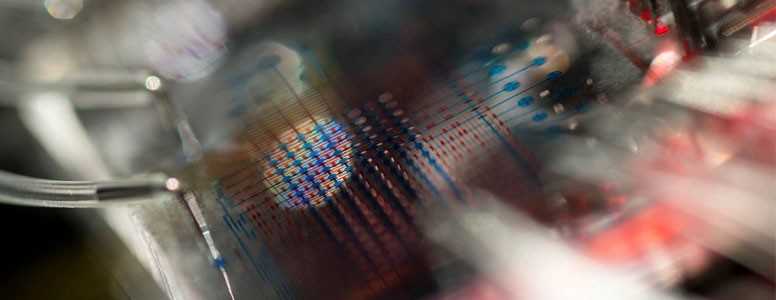Australian researchers have managed to prevent the progression of Diabetic Kidney Disease (DKD) for the first time.
DKD is a long-term complication of diabetes which occurs when blood vessels in the kidneys become damaged and stops the kidneys cleaning the blood properly.
Andrew Nash, senior vice president of research at the pharmaceutical company CSL, said: “This research addresses an important area of unmet medical need and could lead to an entirely new approach to the treatment of type 2 diabetes.”
Lead author Professor Ulf Eriksson and colleagues used a novel therapeutic approach on mice to transport fatty acids from the blood into tissues.
Because people with DKD are thought to have elevated levels of Vascular Endothelial Growth Factor B (VEGF-B) – a protein that affects fatty acid storage – this can have an important role in the development of diabetic nephropathy.
When the researchers inhibited signaling by the VEGF-protein, there was a reduced accumulation of fat deposits within the kidneys of the mice. This also lowered the progression of kidney disease in several mouse models with type 2 diabetes and type 1 diabetes.
Mice treated with this antibody, which is known as 2H10, also showed improvements in blood pressure and insulin sensitivity.
“The study reveals some mechanistic understanding of the disease progressio,” said Eriksso, whose team are already working on unlocking the full potential of the 2H10 antibody in people with DKD.
A clinical trial of the 2H10 antibody is scheduled for human testing in a phase I clinical trial later this year in Australia.
The findings appear online in Cell Metabolism.
What's new on the forum? ⭐️
Get our free newsletters
Stay up to date with the latest news, research and breakthroughs.







